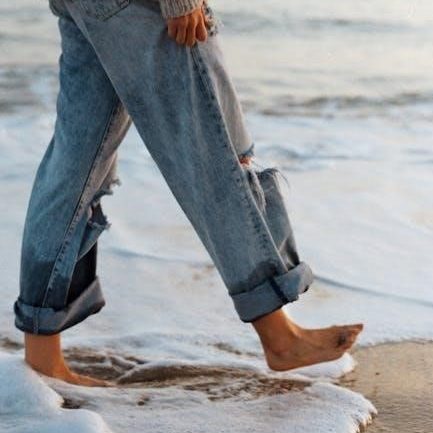The 2024 NJ Saltwater Regulations provide essential guidelines for sustainable fishing practices, ensuring conservation while promoting recreational and commercial fishing activities in New Jersey’s coastal waters․
Overview of the Regulations
The 2024 NJ Saltwater Regulations outline essential guidelines for fishing in New Jersey’s coastal waters, aiming to conserve marine resources and promote sustainable fishing practices․ These regulations cover key aspects such as bag limits, size restrictions, and seasonal variations to protect fish populations during vulnerable periods like spawning․ Additionally, they address gear restrictions, prohibiting certain equipment to minimize environmental impact and protect marine life․ The regulations apply to both recreational and commercial fishing, with specific rules tailored to each category to ensure fair and responsible fishing practices․ By adhering to these guidelines, anglers help maintain the health of New Jersey’s marine ecosystems for future generations․
Importance of Adhering to the Guidelines
Adhering to the 2024 NJ Saltwater Regulations is crucial for maintaining the balance of marine ecosystems and ensuring the sustainability of fish populations․ Compliance helps prevent overfishing, protects endangered species, and preserves biodiversity․ By following guidelines, anglers contribute to the long-term health of New Jersey’s coastal waters, supporting both recreational and commercial fishing industries․ Additionally, adherence helps avoid legal penalties and promotes a fair environment for all fishermen․ Responsible fishing practices, as outlined in the regulations, safeguard marine life and ensure that future generations can enjoy the state’s rich fishing heritage․
Where to Find the 2024 NJ Saltwater Regulations PDF
The 2024 NJ Saltwater Regulations PDF can be downloaded from official sources such as the New Jersey Department of Environmental Protection (NJ DEP) website or the eRegulations platform․ Visit NJ DEP’s Fish and Wildlife website and navigate to the marine regulations section․ Additionally, the PDF is available on trusted platforms like eRegulations․ Ensure you access the document from verified sources to get the most accurate and up-to-date information for the 2024 fishing season․
Recreational vs․ Commercial Fishing Regulations
Recreational fishing in NJ is governed by specific bag limits, size restrictions, and seasonal variations, while commercial fishing requires permits and adheres to stricter gear regulations․
Bag Limits and Size Restrictions for Recreational Fishing
Recreational anglers in New Jersey must adhere to specific bag limits and size restrictions to ensure sustainable fishing practices․ For example, the summer flounder season runs from May 4 to September 25, with a bag limit of three fish per person and a minimum size of 16․5 inches․ Striped bass regulations include a one-fish bag limit for recreational anglers, with a minimum size of 28 inches․ These measures aim to protect fish populations and maintain the balance of marine ecosystems․ Always check the official 2024 NJ Saltwater Regulations PDF for the most accurate and updated information․
Seasonal Variations in Recreational Fishing
Recreational fishing in New Jersey is subject to seasonal variations to protect fish populations and ensure sustainable practices․ The summer flounder season runs from May 4 to September 25, allowing anglers to harvest these species during peak activity․ Striped bass regulations vary by season, with specific restrictions during spawning periods to protect stocks․ Additionally, certain species like weakfish are closed to harvest throughout the year to aid recovery․ These seasonal adjustments help balance recreational interests with conservation goals, ensuring healthy marine ecosystems for future generations․ Always refer to the 2024 NJ Saltwater Regulations PDF for detailed seasonal guidelines and updates․
Commercial Fishing Permits and Requirements
Commercial fishing in New Jersey requires specific permits and licenses to ensure sustainable practices and compliance with state and federal regulations․ Vessels must obtain valid commercial fishing permits, which are issued based on the type of fishery and gear used․ Licenses are typically required for species like summer flounder, scallops, and bluefish․ Additionally, commercial fishermen must adhere to gear restrictions, such as net size and type, to minimize bycatch and protect habitats․ Permits are issued by the New Jersey Department of Environmental Protection, and applications must be submitted annually․ Strict enforcement ensures the long-term viability of marine resources and prevents overfishing․
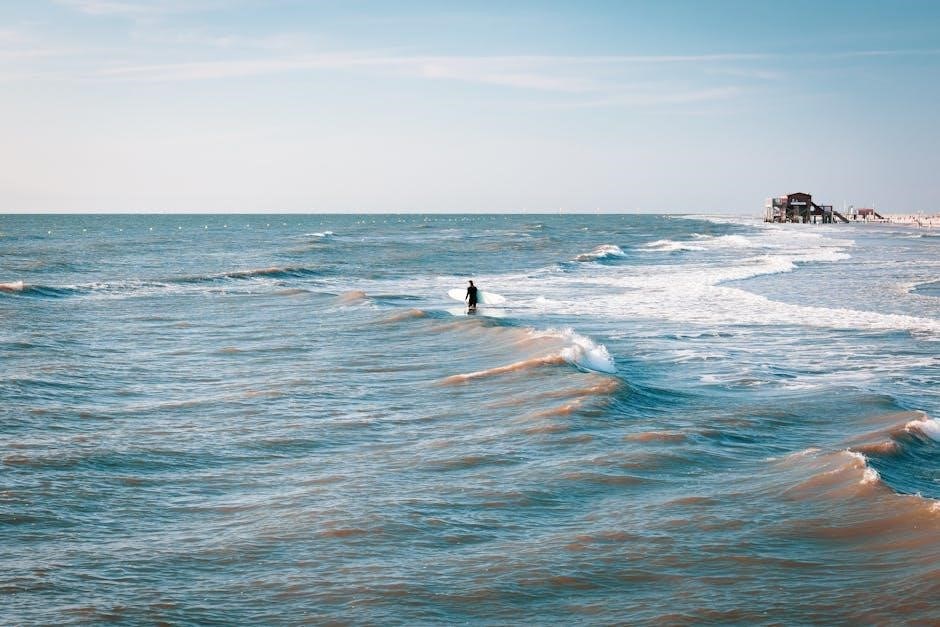
Key Species and Their Regulations
The 2024 NJ Saltwater Regulations focus on key species such as summer flounder, striped bass, bluefish, and weakfish, with specific size, bag limits, and seasonal closures;
Summer Flounder (Fluke) Regulations
The 2024 NJ Saltwater Regulations for Summer Flounder (Fluke) include a recreational bag limit of two fish per day from April 1 to January 31, with a minimum size limit of 16 inches․ The open season runs from May 4 to September 25, ensuring sustainable fishing practices․ Anglers must adhere to these guidelines to help conserve the species and maintain healthy marine ecosystems․ For more details, refer to the official 2024 NJ Saltwater Regulations Guide․
Striped Bass and Bluefish Regulations
For 2024, Striped Bass has a one-fish bag limit with a 28-inch minimum size, while Bluefish allows up to three fish with no size limit․ Gear restrictions, such as net prohibitions, are in place to prevent overfishing․ All catches must comply with NJ’s possession limits when landed in state waters․ Adherence to these guidelines supports marine conservation efforts and ensures future fishing opportunities․
Gear Restrictions and Prohibited Practices
Gear restrictions in 2024 NJ Saltwater Regulations ensure sustainable fishing․ Prohibited practices include the use of nets that damage marine habitats and non-compliant traps․
Allowed Fishing Gear and Equipment
The 2024 NJ Saltwater Regulations outline specific gear permissible for recreational and commercial fishing․ Anglers may use up to six fishing lines, with hooks limited to size 2 to 6․ Nets, when allowed, must not exceed 50 feet in diameter, and their use is restricted during certain seasons․ Traps and pots for species like crabs and lobsters must meet size and material requirements․ Gear must be clearly marked with the owner’s name and comply with environmental standards to minimize bycatch and habitat damage․ Always consult the official guide for detailed specifications and seasonal restrictions․
Prohibited Gear and Practices in Saltwater Fishing
The 2024 NJ Saltwater Regulations strictly prohibit gear and practices that harm marine ecosystems․ Nets larger than 50 feet in diameter, gillnets, and longlines are banned in state waters․ Fishing traps must not exceed size limits or cause habitat damage; Any gear left unattended or causing environmental harm is prohibited․ Additionally, practices like overfishing, bycatch, and discarding unwanted catch are penalized․ Gear must be clearly marked and attended at all times to avoid confiscation․ Violations can result in fines and gear seizure, ensuring sustainable fishing practices and marine conservation․
Enforcement and Penalties
The 2024 NJ Saltwater Regulations are enforced through patrols, inspections, and mandatory reporting․ Violations incur fines, license suspensions, gear confiscation, with penalties escalating for repeated offenses․
How Regulations Are Enforced in NJ
New Jersey’s saltwater fishing regulations are enforced by the New Jersey Department of Fish and Wildlife (NJDFW) and the National Marine Fisheries Service (NMFS)․ Enforcement includes regular patrols, inspections of fishing gear, and monitoring of landed catches․ Authorities also rely on mandatory reporting from commercial operators and recreational anglers to ensure compliance․ Electronic monitoring systems are increasingly used to track fishing activities in federal waters․ Public awareness campaigns and educational programs further support compliance, ensuring sustainable fishing practices and the protection of marine resources for future generations․ Violations are documented and addressed through a structured penalty system․
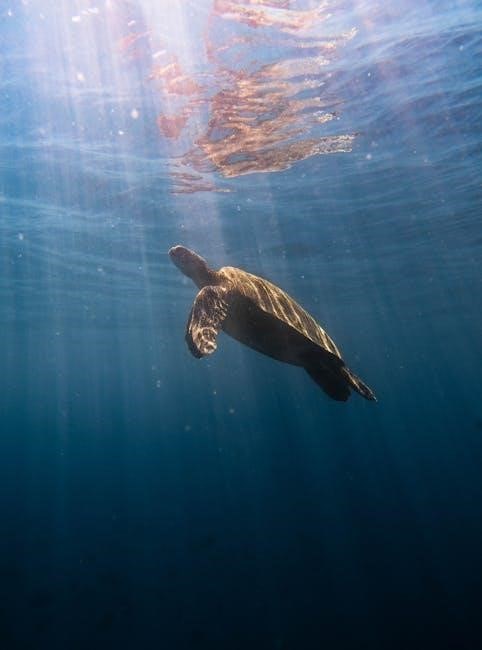
Consequences of Violating Saltwater Fishing Regulations
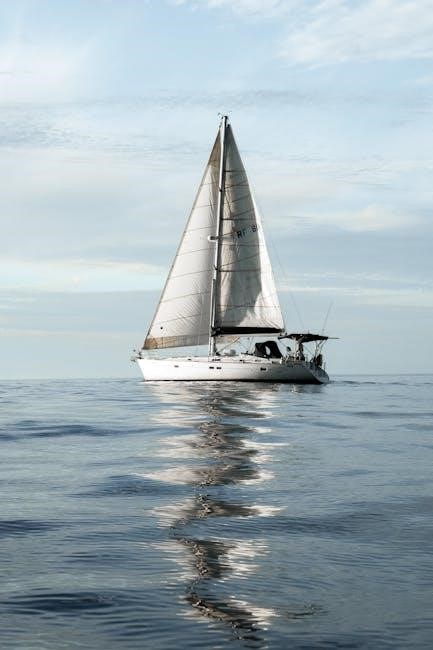
Violating New Jersey’s saltwater fishing regulations can result in significant penalties․ These include fines, suspension or revocation of fishing permits, and confiscation of illegal catches and gear․ Repeat offenses may lead to criminal charges, with penalties escalating based on the severity of the violation․ Commercial operators face additional sanctions, potentially impacting their livelihood․ Enforcement agencies, such as the NJDFW and NMFS, rigorously monitor compliance to protect marine ecosystems and ensure sustainable fishing practices․ Non-compliance undermines conservation efforts and can harm the balance of marine populations, making adherence to regulations crucial for both ecological and economic stability․
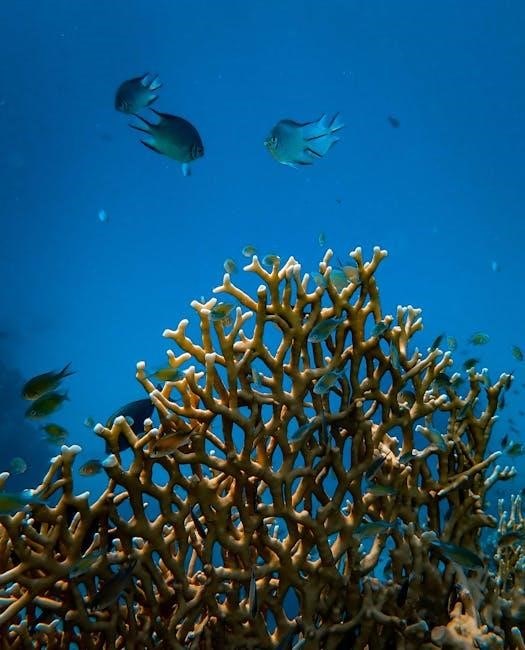
How to Obtain the 2024 NJ Saltwater Regulations Guide
The 2024 NJ Saltwater Regulations Guide can be downloaded as a PDF from the New Jersey Department of Environmental Protection’s official website or through eRegulations․com․
Downloading the PDF from Official Sources
To access the 2024 NJ Saltwater Regulations Guide, visit the official New Jersey Department of Environmental Protection (NJ DEP) website or eRegulations․com․ The PDF is available for free download, ensuring anglers can review rules on size limits, bag limits, and seasonal restrictions․ The guide is updated annually to reflect the latest conservation efforts and management strategies․ Once downloaded, the PDF can be saved for offline use or printed for easy reference while fishing․ This convenient format allows anglers to stay informed and comply with all regulations, helping to protect New Jersey’s marine resources effectively․
Understanding the Guide’s Structure and Content
The 2024 NJ Saltwater Regulations Guide is organized into clear sections, making it easy for anglers to navigate․ The PDF begins with an introduction, followed by detailed recreational and commercial fishing rules․ It outlines bag limits, size restrictions, and seasonal variations for key species like summer flounder and striped bass․ Additionally, the guide covers gear restrictions and prohibited practices, ensuring compliance with conservation goals․ Enforcement procedures and penalties for violations are also included․ The guide’s structured format allows users to quickly find specific information, ensuring they can fish responsibly and sustainably in New Jersey’s coastal waters throughout the year․
